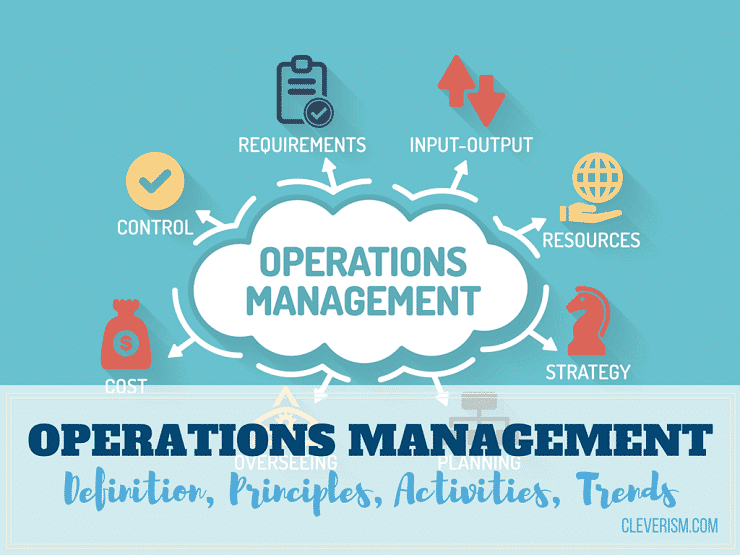This course covers the role played by applied statistics in business decision making. Topics include the analysis of data generation and evaluation techniques, including survey design, survey sampling and dirty data, the use of tables, charts and summary measures to demonstrate appropriate ways to use and display data as a manager are utilized and analysis of variance, regression, and correlation methods. Theory of decision making under conditions of uncertainty, general structure of decision problems including subjective probability, utility, experimentation, and decision analysis are also discussed.
Available courses
This course provides instruction in accounting for management planning, control, and decision making. Instruction in cost-profit-volume relationships; cost and revenue information for routine and non-routine decisions; budgeting and profit planning. Discussions of standard costing, responsibility accounting, decentralization and transfer pricing in the context of management control of operations.
This course will provide students an understanding of accounting procedures and the judgments underlying corporate financial statements, as well as, the ability to read and analyze these statements, make inferences about financial health, and other important attributes of various business entities are taught.
This course addresses the management of operations in manufacturing and service firms. Diverse activities, such as determining the size and type of production process, purchasing the appropriate raw materials, planning and scheduling the flow of materials and the nature and content of inventories, assuring product quality, and deciding on the production hardware and how it gets used, comprise this function of the company. Managing operations well requires both strategic and tactical skills. During the term, we will consider such topics as: process analysis, workforce issues, materials management, quality and productivity, technology, and strategic planning, together with relevant analytical techniques.

This course covers the fundamentals of business and management, including human relations, organizational structure, communications, marketing, production, quality assurance, and strategic planning.
This course expands students’ knowledge of preparing balance sheets and financial statements. Students will prepare general ledger entries, prepare payroll, and gain an understanding of budget control.
This course introduces the fundamentals of accounting and the accounting cycle, including journalizing, posting and the preparation of work sheets, and all financial statements. Students also learn closing procedures.
This course covers the essential principles and tools of Managerial Economics, the application of microeconomics to management decisions. Students who master this material will be better prepared for leadership positions in business, not-for-profit, and government entities.
